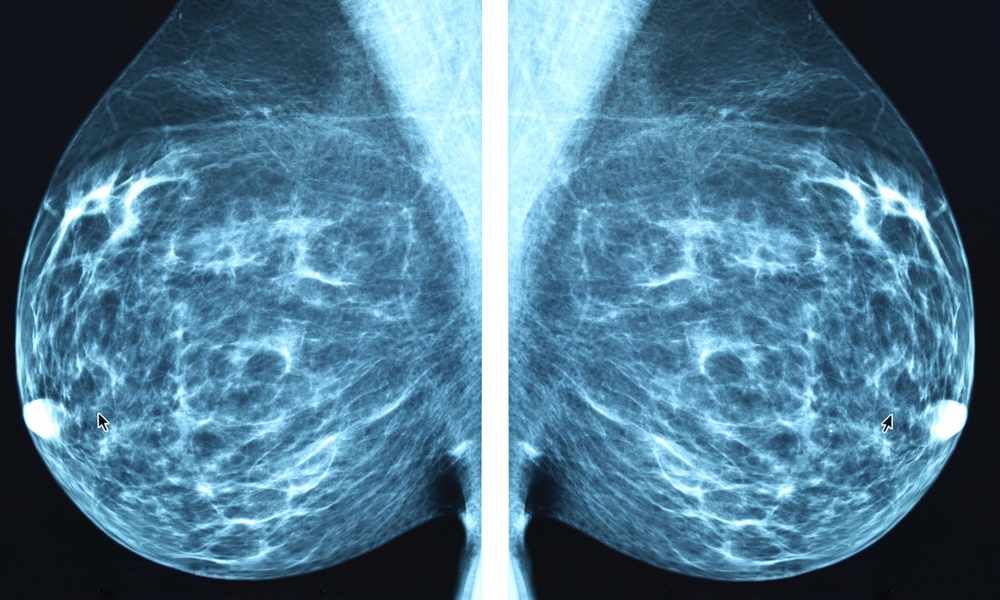A breast cancer diagnosis is fairly frequent in the United States, especially if you’re a woman over seventy years old, an age group accounting for about one-fifth of the over 330,000 breast cancer cases detected each year. Learning that you have breast cancer can be a frightening and confusing time, filled with questions about the most effective treatments. But now there’s welcome news for older women diagnosed with the disease.
Reducing the intensity and length of treatments for senior women with a particular kind of breast cancer — early stage, estrogen-receptor-positive, HER2-negative — won’t affect the chance of recurrence, and may actually increase their rate of survival, a recent study finds. In other words, with these patients, less is more.
How did researchers come to their conclusion? A University Pittsburgh School of Medicine and UPMC Hillman Cancer Center team looked at the data of more than 3,000 women over the age of 70 who were diagnosed with this particular type of early-stage breast cancer between 20010 and 2018. Then they reviewed the outcome of two common treatments:Over-treatment of early-stage breast cancer in older patients may actually cause more harm, while not improving recurrence or survival rates.
- Sentinel lymph node biopsy in which a surgeon removes the first node that drains the breast to check for metastasis. If that node is clear, then a larger surgery can be avoided. Otherwise, more extensive surgery may be indicated.
- Radiotherapy, which usually involves a series of radiation treatments using high-energy X-rays, protons or other particles, directed on the breast area to kill cancer cells over a course of one to four weeks.
Cancer recurrence and subsequent survival rates were the same whether the patients received either, both or none of the procedures, the researchers found. These results could lessen the course of treatment for thousands of women.
“As a breast surgeon, I want to give my patients the best chance of survival with the best quality of life,” Priscilla McAuliffe, senior author and surgical oncologist at University of Pittsburgh Medical Center, said in a statement. “However, we found that overtreatment of early-stage breast cancer in older patients may actually cause more harm while not improving recurrence or survival rates.”
What about mammograms for older women? The current U.S. Preventive Service Task Force (USPSTF) guidelines recommend a mammogram every two years for women ages 70 to 75 with an average risk of developing the disease and stopping mammograms altogether after 75, as there are limited data on its survival benefit. But no matter what age, all women should give themselves monthly self-breast exams.
The study is published in JAMA Network Open.





